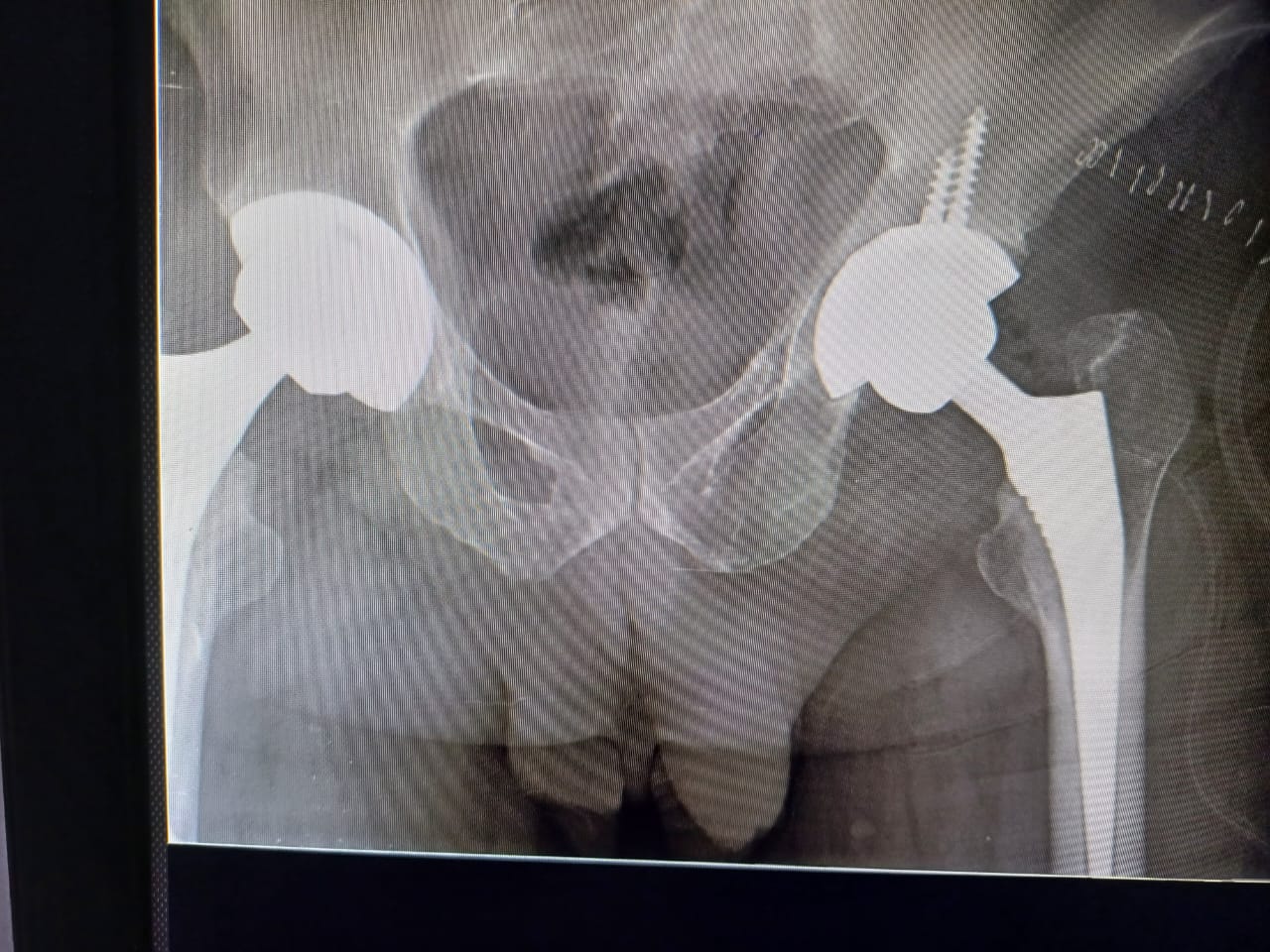
Hip replacement, also known as hip arthroplasty, is a surgical procedure designed to replace a damaged or diseased hip joint with an artificial implant. This procedure is commonly recommended for individuals suffering from severe arthritis, hip fractures, or other degenerative conditions that cause chronic pain and limit mobility. Hip replacement surgery can significantly improve the quality of life, allowing patients to regain independence and perform daily activities without discomfort.
There are two primary types of hip replacement surgeries: total hip replacement (THR) and partial hip replacement (PHR). In THR, both the ball (femoral head) and socket (acetabulum) of the hip joint are replaced with artificial components. PHR, on the other hand, involves replacing only the damaged femoral head, preserving the natural socket. The choice between the two depends on the patient’s condition, age, and activity level.
Modern hip replacement techniques often involve minimally invasive procedures that reduce tissue damage and speed up recovery. Advanced implants made of durable materials like metal alloys, ceramics, and high-grade plastics are designed to closely mimic the natural movement of the hip joint. Surgeons may also use robotic-assisted systems to ensure precise alignment, enhancing the longevity and functionality of the implant.
Recovery from hip replacement surgery typically involves a structured rehabilitation program, including physical therapy to restore strength, flexibility, and range of motion. Most patients begin walking with assistance within a day or two of surgery, gradually progressing to unassisted mobility. While full recovery can take several months, many patients experience significant pain relief and improved mobility within the first few weeks.
Hip replacement is a highly effective solution for individuals with debilitating hip pain and mobility issues. With advancements in surgical techniques and implant technology, patients can expect excellent outcomes and a return to their active lifestyles. Consulting an experienced orthopedic surgeon is crucial to understanding the best treatment options and ensuring a smooth recovery process.